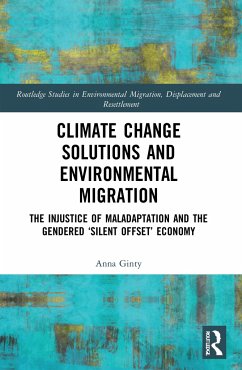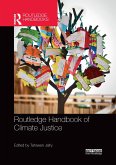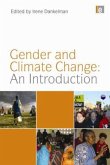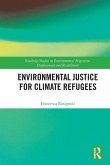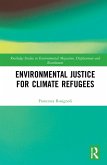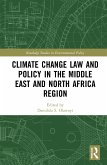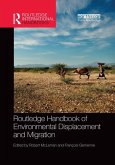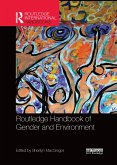This book lifts the taboo on maladaptation, a different driver of environmentally induced migration, which shines a light on the negative consequences arising from the solutions to climate change, adaptation and mitigation policies.
Through a systematic analysis and critique of existing mitigation and adaptation polices under the United Nations Framework Convention on Climate Change (UNFCCC) and international development community, and supplemented by a small empirical study in Indonesia, this book catalogues how maladaptation is manufactured under existing climate change solutions. It posits that customary communities in general- and women in particular- are disproportionately affected by the dominant market-driven logics that underscore current climate change solutions adopted by the UNFCCC. The injustice of maladaptation is highlighted as multi-faceted and explored using political, economic, social and ecological lenses, and the concept of environmental reintegration is also explored as a possible solution to this issue. Further possibilities are then presented in the Afterword, as a combination of what the new (post-neoliberalism) conjuncture could potentially look like.
This volume will be of great interest to students, scholars and practitioners of climate change, environmental policy, environmental migration and displacement, development studies, I/NGOs and civil society actors and activists more broadly.
Through a systematic analysis and critique of existing mitigation and adaptation polices under the United Nations Framework Convention on Climate Change (UNFCCC) and international development community, and supplemented by a small empirical study in Indonesia, this book catalogues how maladaptation is manufactured under existing climate change solutions. It posits that customary communities in general- and women in particular- are disproportionately affected by the dominant market-driven logics that underscore current climate change solutions adopted by the UNFCCC. The injustice of maladaptation is highlighted as multi-faceted and explored using political, economic, social and ecological lenses, and the concept of environmental reintegration is also explored as a possible solution to this issue. Further possibilities are then presented in the Afterword, as a combination of what the new (post-neoliberalism) conjuncture could potentially look like.
This volume will be of great interest to students, scholars and practitioners of climate change, environmental policy, environmental migration and displacement, development studies, I/NGOs and civil society actors and activists more broadly.

